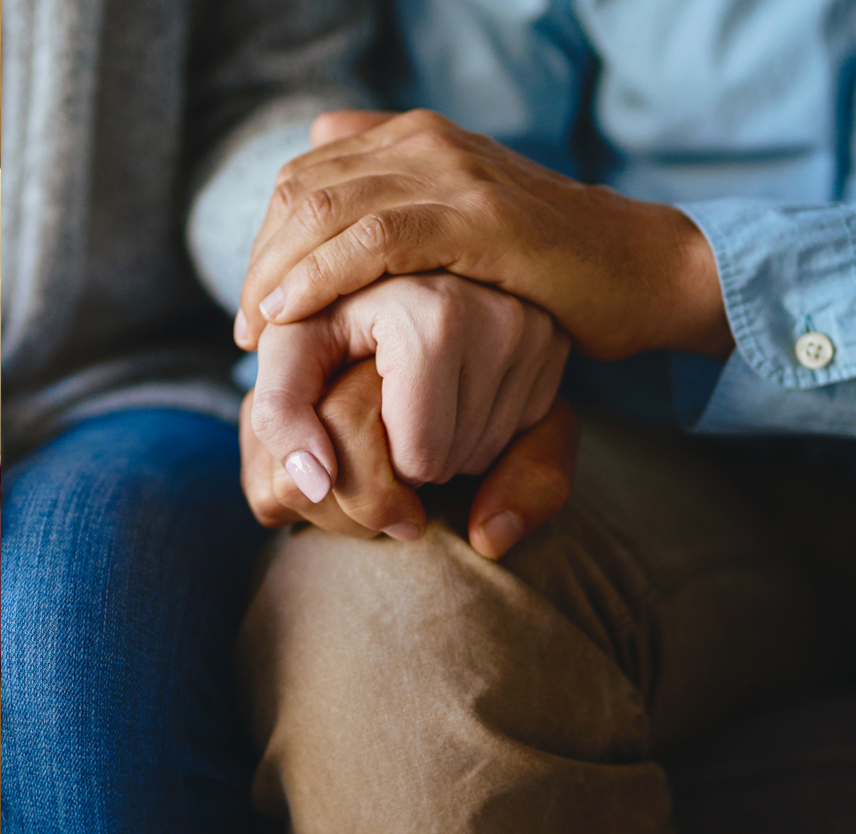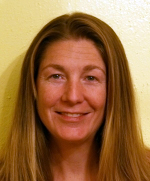
When should couples go to therapy after brain injury?
The appropriate time to engage in counseling for couples after brain injury is when issues start to arise, and that can be really at any point in the timeline.
Very early on, couple’s counseling is often going to be secondary to things that are more pressing, such as cognitive rehabilitation or physical therapy and occupational therapy. But pretty soon after someone has gone home, you’re going to start to see issues arise between the couple. If people can engage in counseling at that time, they’re probably going to have a smoother transition in the long run. With most challenges we say if you can stop it before it starts, you’re going to do better than trying to bring it back down from a peak point of challenge.
The same would be true with couple’s issues. If people can get in and learn new skills as they’re rebuilding other new skills, they can learn new communication skills, new interaction skills, new emotional intimacy skills; then their relationship is probably going to weather the storm a little bit better.
Most people do wait until things have gotten very bad before they seek marital counseling or couple’s counseling. Often I think too because there are so many different types of challenges after brain injury, it’s just something that doesn’t occur to people. They’re following more of a medical treatment plan and so it’s not something that comes to the forefront, but when people start talking about separation or divorce or feeling like they can’t make it in a relationship, that’s often when they seek help.
At our practice we do try to make those recommendations much earlier on their behalf. We talk to people about preventative counseling and developing skills so that these challenges don’t become as bad as they could be.
About the author: Emilie Godwin, PhD
Emilie Godwin, PhD, LPC, MFT is a faculty member and licensed clinician at Virginia Commonwealth University, with a specialty focus on couples and family counseling after brain injury. Currently, she serves as the Family Support Program Coordinator for the VCU TBI Model System projects.

